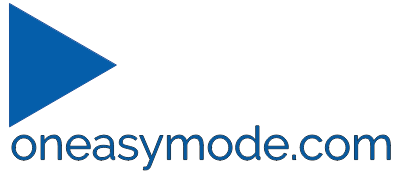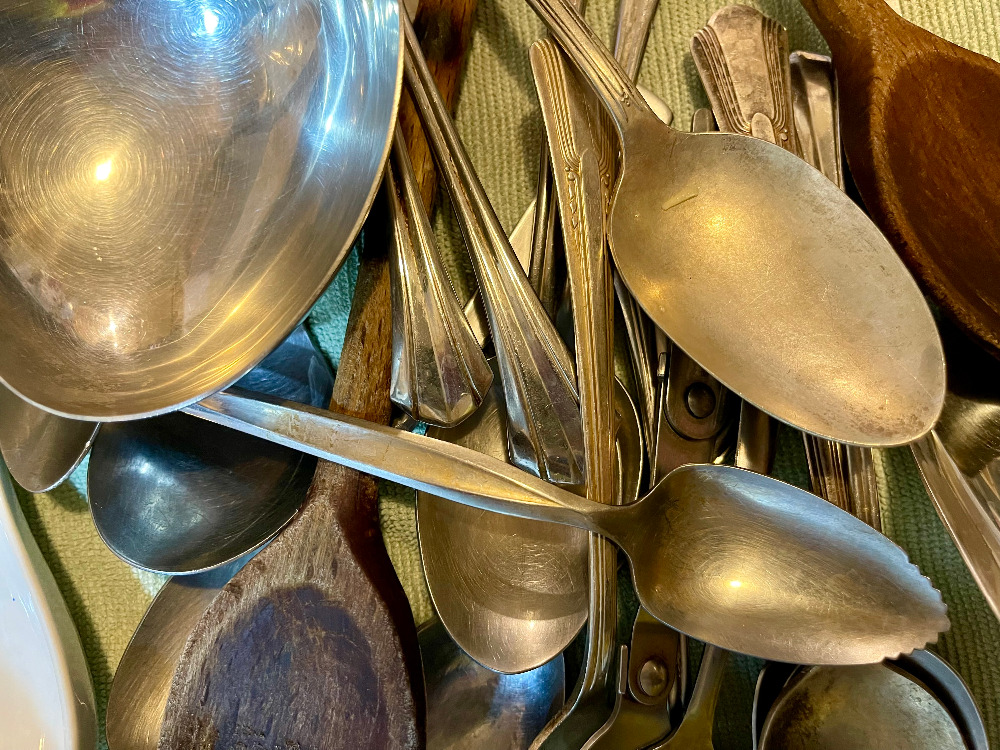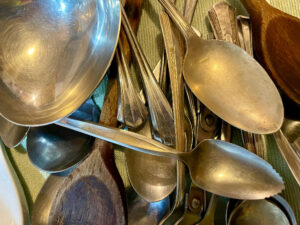Spoons are the basic currency for life.
Everything you do requires spoons. There are activities like sleeping, eating nutritious foods, a nice shower, massage, and quality exercise or a walk that can all give you spoons, but most of them also require you to outlay some spoons in the process. Have you ever been too tired to eat and too hungry to sleep so you just bounced around agitated ? You were out of spoons. Activities like eating, showering, and exercising that give you spoons can also cost you spoons.
Like currency, having more – energy, resolve, intention, focus, attention, strength, time before you have to rest your back or mind, steps before your feet ache too much, words before your mouth goes dry and your head is empty. Spoons are the gas for your personal physical vehicle and your prime central processor – your body and brain. Spend your spoons wisely.
While this model was proposed by Lupus Patient, Christine Miserandino, everyone must manage their resources. Anyone can plan too much, push too hard, and find their body and/or mind spent. My goal here is to give you resources, resources to manage your spoons and your time. Your spoons are spent by those things that can potentially either individually or collectively drain you of energy and focus. Your time is spent; whether you realize it or not; based on your choices of what to do with every hour, nay minute of your life. Sleep is not a waste of time, it’s an investment whereby you exchange time for spoons. Every time you trade minutes or spoons, you pay the cost of spending that time and energy on one activity over another. The opportunity cost is whatever else you could have done with that time and energy.
How many spoons you wake up with may be limited by the conditions when you went to bed the night before. Chronic ailments, stress, and anxiety, mental illness, PTSD, and what I’ll call Neurodiversity; where your neural type deviates from what is considered ‘neuro-typical’. Civilization is built for the neuro-typical, and ‘able bodied’*. Did you sleep well? Did you sleep enough? Did you spend every last spoon and collapse at the end of the day? That’s a pity because poor sleep doesn’t renew as many spoons as good quality sleep, spending your last spoon on day one can mean fewer spoons the next morning. Are you nursing an injury, or recovering from a breakup, family argument? Those can cost spoons, they can also drain spoons in the background when those feelings are suppressed, cut off, etc.
This brings me to another point I recommend, it’s easier to multiply your spoons when you have plenty of them, the fewer spoons you have, the fewer options you have to increase them. Loading up on spoons, or ‘resourcing’ (as it’s sometimes called), is best done BEFORE your most challenging tasks. It is far easier to build yourself up than to peel yourself off the floor.
According to Wikipedia, Spoon theory was developed by Christine Miserandino in 2003 as a way to express how it felt to have lupus. Her original essay is well worth the spoons to read it.
I can’t locate Christine online, but this seems to have her first person essay:
Now you have a ruler to measure by. Find your set point, get an idea of how many spoons you wake with, how many spoons key activities give/take. I’ve never created a set of calculations to balance with exact precision. It’s a model, not a ledger. You can also go into debt being overloaded, and you can print counterfeit. You can influence yourself to think you have more or less spoons than you actually do because to varying extents, most people can talk themselves into feeling the energy of more than they actually have, often by adding meaning, having a passionate feeling about doing something. You can also grind them up and destroy them by telling yourself that you have fewer than you otherwise do by focusing on the meaninglessness of an endeavor, lacking confidence, and holding unfaced fears, etc. I have some great resources for you coming up on exactly that.
Pro Tip: When you take a break from a task, try to find a relaxing activity that uses a different part of your brain than the activity you are breaking from while your spoons replenish.




